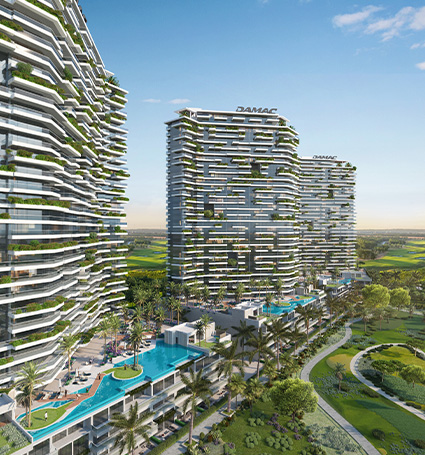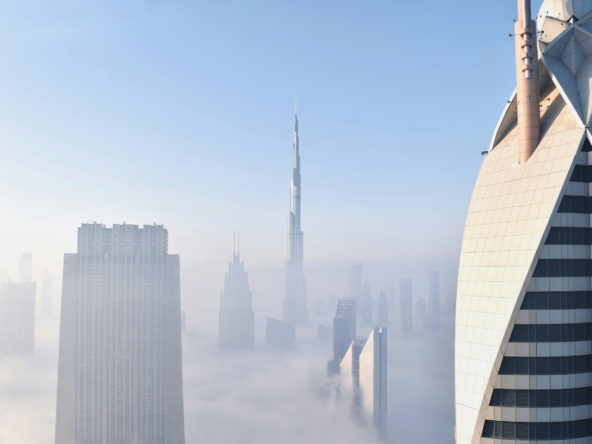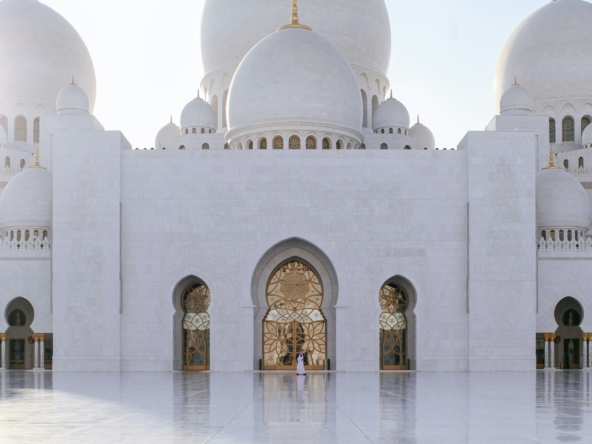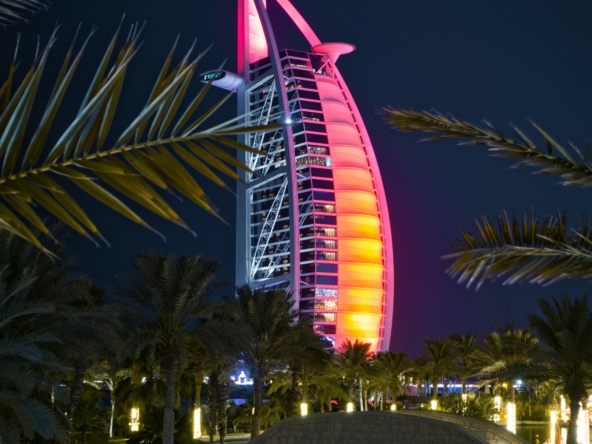Dubai’s real estate market has been a major focal point for investors, residents, and global property enthusiasts for years. Following a period of recovery post-pandemic, the city’s real estate sector has demonstrated remarkable resilience, exhibiting consistent growth in property prices, rental yields, and investment opportunities. As we look toward 2025, industry experts predict that Dubai’s real estate market will continue its strong performance, supported by a variety of economic, social, and policy-driven factors that reinforce the city’s position as a global real estate hub.
Factors Supporting Dubai’s Strong Real Estate Performance in 2025
- Continued Economic Growth and Stability
Dubai’s economy is expected to remain on a positive trajectory in 2025. The UAE government’s commitment to economic diversification has paid dividends, with major sectors such as tourism, finance, technology, and real estate continuing to grow. The introduction of new economic policies, such as the UAE’s drive to attract foreign investment and the establishment of the Dubai International Financial Centre (DIFC) as a major financial hub, is anticipated to fuel further demand for both residential and commercial properties. The Dubai government has also focused on enhancing infrastructure, making the city more attractive for investors and businesses. With events such as Expo 2020 (which was extended through 2021) and continued mega-projects underway, the city’s economy is poised for sustained growth. - Ongoing Demand from International Investors
Dubai’s appeal as a safe haven for global investors remains strong, especially amid political and economic uncertainties in other parts of the world. With its strategic location, tax-free environment, world-class infrastructure, and luxurious lifestyle, the city attracts high-net-worth individuals (HNWIs) and foreign investors seeking opportunities in real estate. In particular, prime properties in sought-after locations such as Downtown Dubai, Dubai Marina, and Palm Jumeirah continue to generate substantial interest. The UAE government has made significant strides in simplifying investment processes for foreigners, including long-term residency options like the Golden Visa, which allows expatriates to own property in certain areas and secure long-term residency. These initiatives are expected to continue driving foreign investment in Dubai real estate well into 2025. - Sustained Growth in Tourism
Tourism is a key pillar of Dubai’s economy, and the city’s tourism industry is set to remain a major driver for real estate performance in 2025. As international travel continues to recover, Dubai’s status as a global tourism destination is expected to strengthen further. Dubai’s luxury hotels, world-class shopping malls, fine dining experiences, and cultural events attract millions of tourists every year. This surge in tourism supports the demand for short-term rental properties, contributing to higher rental yields for property owners. Major upcoming events, such as the Dubai World Expo’s lasting impact on infrastructure and the city’s continued efforts to position itself as a global events hub, will further bolster the city’s tourism-driven demand for accommodation. - Urban Development and Mega Projects
Dubai is known for its bold and innovative urban development projects, and the city’s skyline is continually evolving with new and ambitious developments. Projects like Dubai Creek Tower, Dubai Harbour, and the Dubai South district are set to reshape the city’s landscape, attracting more residents, businesses, and investors. These developments not only provide opportunities for new residential and commercial properties but also help to maintain Dubai’s position as a leading global real estate market. The success of mixed-use developments, which combine residential, commercial, and recreational spaces, is expected to continue, meeting the evolving demands of residents and businesses. Such projects are expected to continue contributing to property price growth and rental yields, especially in high-demand areas. - Increased Demand for High-End and Luxury Properties
Dubai’s luxury property market has seen a surge in demand over recent years, particularly for high-end villas, penthouses, and waterfront properties. This demand is largely driven by ultra-high-net-worth individuals (UHNWIs) who are attracted to Dubai’s exclusive offerings. As global wealth grows and more affluent individuals seek homes in Dubai, the luxury real estate market is expected to perform robustly in 2025. Moreover, with Dubai’s global reputation as a luxury destination, investors are increasingly looking to diversify their portfolios by purchasing premium properties in the city. The combination of exclusive locations and high demand from wealthy buyers is expected to lead to further price appreciation in this segment of the market. - Government Policies and Initiatives
The UAE government has consistently implemented policies that support the real estate market. In 2025, this trend is expected to continue with measures designed to boost investor confidence, simplify the property purchase process, and enhance the overall ease of doing business in Dubai. The government’s focus on increasing its investment in infrastructure, such as new transport links, public services, and green spaces, will make residential and commercial areas more attractive to buyers. Additionally, policies aimed at attracting talent and businesses to Dubai, such as the long-term visa program and business-friendly reforms, are likely to increase the demand for both commercial and residential properties. The ongoing expansion of the Dubai International Airport and the construction of new transport corridors will further enhance connectivity, making the city even more appealing to investors.
Challenges and Potential Risks
While the outlook for Dubai’s real estate market in 2025 is largely positive, there are several challenges that could impact the pace of growth. The global economic environment, including fluctuations in oil prices, international trade tensions, and geopolitical instability, may influence investor sentiment. However, Dubai’s diversified economy and strong financial position should mitigate these risks.
Additionally, the increasing supply of new residential and commercial properties could create competition in certain areas, potentially leading to price stabilization in some segments of the market. However, in key areas like Dubai Marina, Downtown Dubai, and Palm Jumeirah, demand is expected to continue outpacing supply, leading to sustained price growth.
Dubai’s real estate market is expected to continue its strong performance in 2025, driven by a combination of economic growth, international investment, and ambitious urban development projects. With steady demand for both residential and commercial properties, Dubai remains a prime destination for investors looking for high returns in a stable and dynamic market. As the city continues to diversify its economy, attract global talent, and enhance its infrastructure, the real estate market in Dubai is set to thrive in the coming years, making it a key player in the global property landscape.



